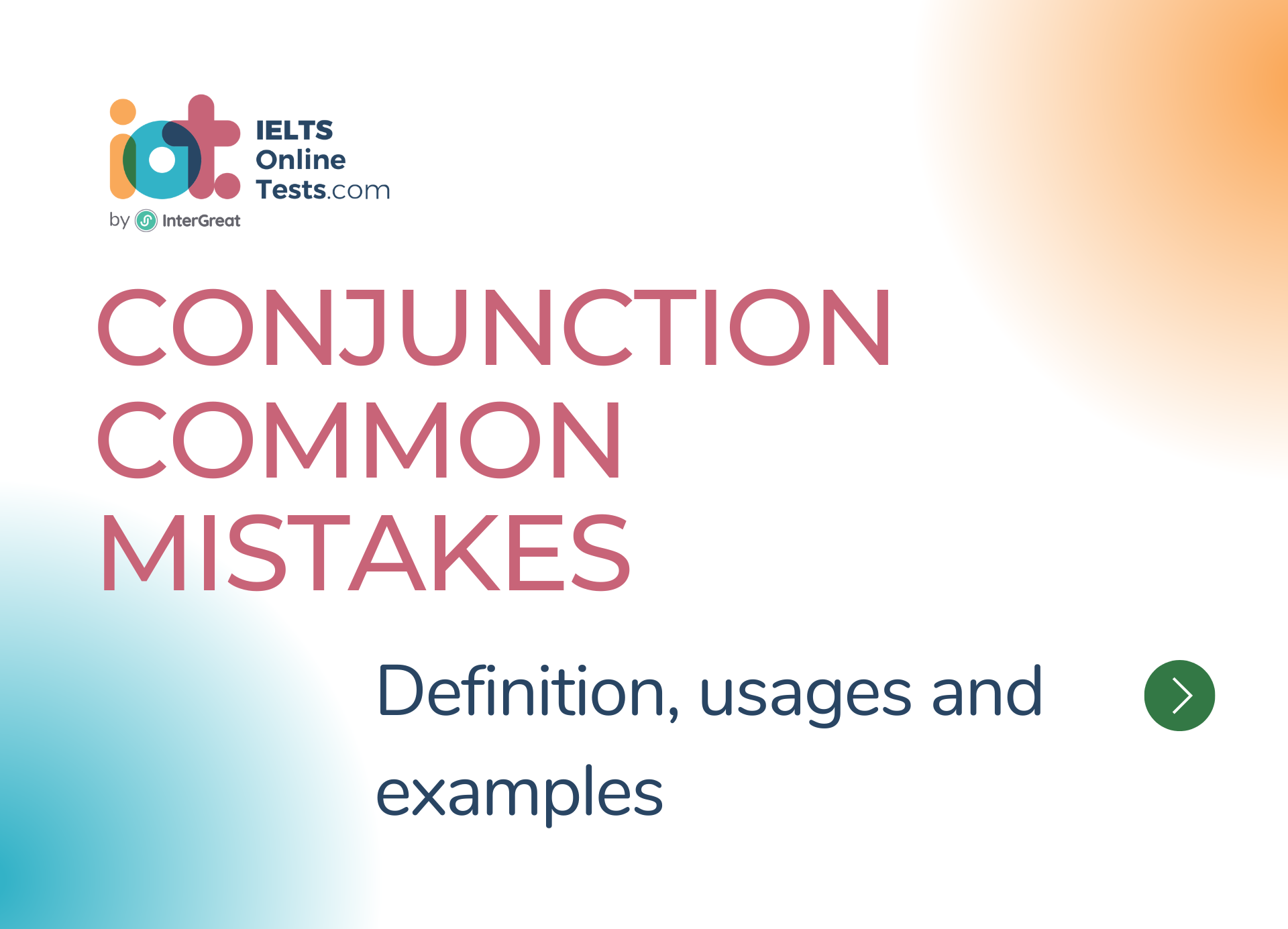
Conjunction common mistakes
Here are some common mistakes to avoid when using conjunctions:
Comma Splices:
- This occurs when a comma is used to join two independent clauses without a coordinating conjunction or proper punctuation.
- Incorrect: "I like to read books, I also enjoy watching movies."
- Correct: "I like to read books, and I also enjoy watching movies."
- This occurs when a comma is used to join two independent clauses without a coordinating conjunction or proper punctuation.
Incomplete Comparisons:
- When using correlative conjunctions for comparisons, it's important to ensure that both parts of the comparison are complete.
- Incorrect: "He is taller than his brother."
- Correct: "He is taller than his brother is."
- When using correlative conjunctions for comparisons, it's important to ensure that both parts of the comparison are complete.
Incorrect Subordinating Conjunction Usage:
- Subordinating conjunctions should be used appropriately to connect dependent clauses to main clauses.
- Incorrect: "I will come with you although you're going to the party."
- Correct: "I will come with you if you're going to the party."
- Subordinating conjunctions should be used appropriately to connect dependent clauses to main clauses.
Misuse of Conjunctive Adverbs:
- Conjunctive adverbs should be used to connect independent clauses, and they require proper punctuation.
- Incorrect: "She loves playing the piano; however, she is not very good at it."
- Correct: "She loves playing the piano. However, she is not very good at it."
- Conjunctive adverbs should be used to connect independent clauses, and they require proper punctuation.
Using the Wrong Conjunction:
- Each conjunction has a specific purpose and meaning. Using the wrong conjunction can change the intended meaning of the sentence.
- Incorrect: "I will go whether it's raining or it's sunny."
- Correct: "I will go whether it's raining or not."
- Each conjunction has a specific purpose and meaning. Using the wrong conjunction can change the intended meaning of the sentence.
Overusing Conjunctions:
- Using too many conjunctions can make a sentence overly complex and unclear. Try to simplify sentences and use conjunctions sparingly.
- Incorrect: "He studied and read and watched videos and practiced all day."
- Correct: "He studied, read, watched videos, and practiced all day."
- Using too many conjunctions can make a sentence overly complex and unclear. Try to simplify sentences and use conjunctions sparingly.
By avoiding these common mistakes, you can ensure that your use of conjunctions is grammatically correct and effectively conveys the intended meaning in your writing.




